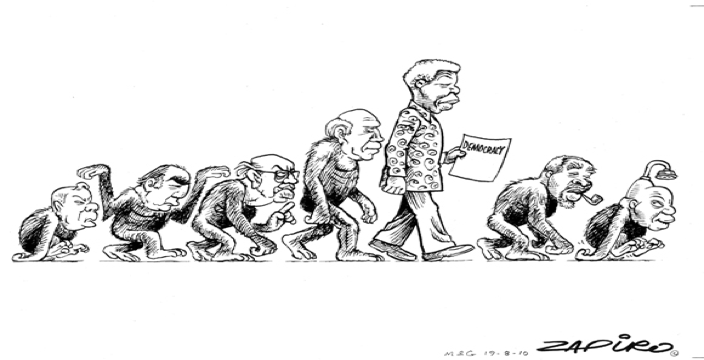
Learning Curve vs Bell Curve
A crash course for adults whose reading power (or attention-span) is fading as fast as Ganguly’s batting charm.
Ok. Please don’t attack me for Ganguly remark. I like him – an average fielder, an above average bowler, a decent batsman, and a very good assertive leader / captain (though not as talented as he might have been portrayed). But his iron-will to prove himself in IPL is very inspiring
Of course that is not the main topic. That was just a bad analogy. But I really hope that the ideas I am about to give in this article will not only help average Joe’s like us but might also help big shots like Ganguly.
Please raise your hand (just in your mind) if you have any of the below symptoms:
- You cannot read something more than two lines in one stretch.
- You start reading something and keep moving into unrelated topics. (Especially online readers)
- You never complete a book.
- You don’t read the emails completely.
- You can only learn about something in a more formal way – a spoon feeding way of learning.
Many of us know the joke of ‘Age Bell Curve’ or “Evolution Bell Curve”. My theory (not new of course…. just my enlightenment) runs along the similar lines - that ‘attention-span’ (attention-span is way too big word so we will keep referring to it as just ‘span’) is very similar to age. You have little span in the beginning, starts growing as we age and before we realize the span starts shrinking again. The size of this bell curve varies from person to person. On an average our span starts shrinking once we start taking more responsibilities like marriage, kids, more work at work, marriage, etc. But this is the time we need our max span to sustain in this ‘survival of the struggle’ world. Now you see how our simple decrease of span problem can be very detrimental to our prosperity in life.
So what is the solution to this, I agree to most of you if you are thinking what I am thinking…that this span problem seems very biological and how much can we really do. There are books and tricks on how to stay sharp and keep high span for long time. But you have to lose span to realize that you are losing it and start looking for tricks to improve it and it might be a little late to read those books (which need span) and apply to yourself. This is where my crash course may help us a little bit. There is so much we can learn from kids. One day I asked my eldest son (5 yrs old - probably same span as I have) to do a small assignment of identifying some known words from a Newspaper to keep away from other destructive tasks. Obviously he absolutely was not interested. So after passing some time with that Newspaper, he comes to me asking “who is that bad guy” in some cartoon in one of the pages. I did not understand in the beginning what he was trying to ask me then I realized he is imagining a story of his own and making up roles for the people on those pictures and simply seeking my suggestion. Even if I dismiss his question and ask him to go back original assignment, he would still continue with his imagination and shall have fun in his own way. Long story short, he is keeping his reading job interesting enough to sit there for those 10-15 mins of painful time by imagining some stories.
I got sudden enlightenment from this. Why can’t I do something similar? Relate everything and anything to something that you like the most. Relate reading Java to learning a new video game (NFL-Madden – Pats vs Steelers or EA Sports Cricket Ind vs Pak game - relate to Java vs VC++), suddenly reading becomes more interesting – You need to learn about all the tricks and read all cheat sheets to beat the Steelers or Pak. See my point? This is my idea#1.
Extending on that idea, the second one is as follows: Most of us are in different moods at different times of the day and week. We all have lot of distractions so our interests keep fluctuating all the time. So how is it possible to read the same book continuously across 3 days or more? I think there is nothing wrong in changing books as per our moods. I have dedicated certain books to certain tasks. I have some books to put me to sleep, some to cheer me up, and some to just showoff. This idea worked out for me alright. I think overall I was able to keep my reading habit without ditching it totally.
Applying those two ideas will keep the reading chore interesting enough so we can randomly pickup any topic book, article or magazine, read through it easily and thereby achieve “know it all” showoff.
Bell Curve is going to win over the Learning Curve any day, all we can do is keep stretching the Bell Curve so we can keep the Learning curve as small as possible.